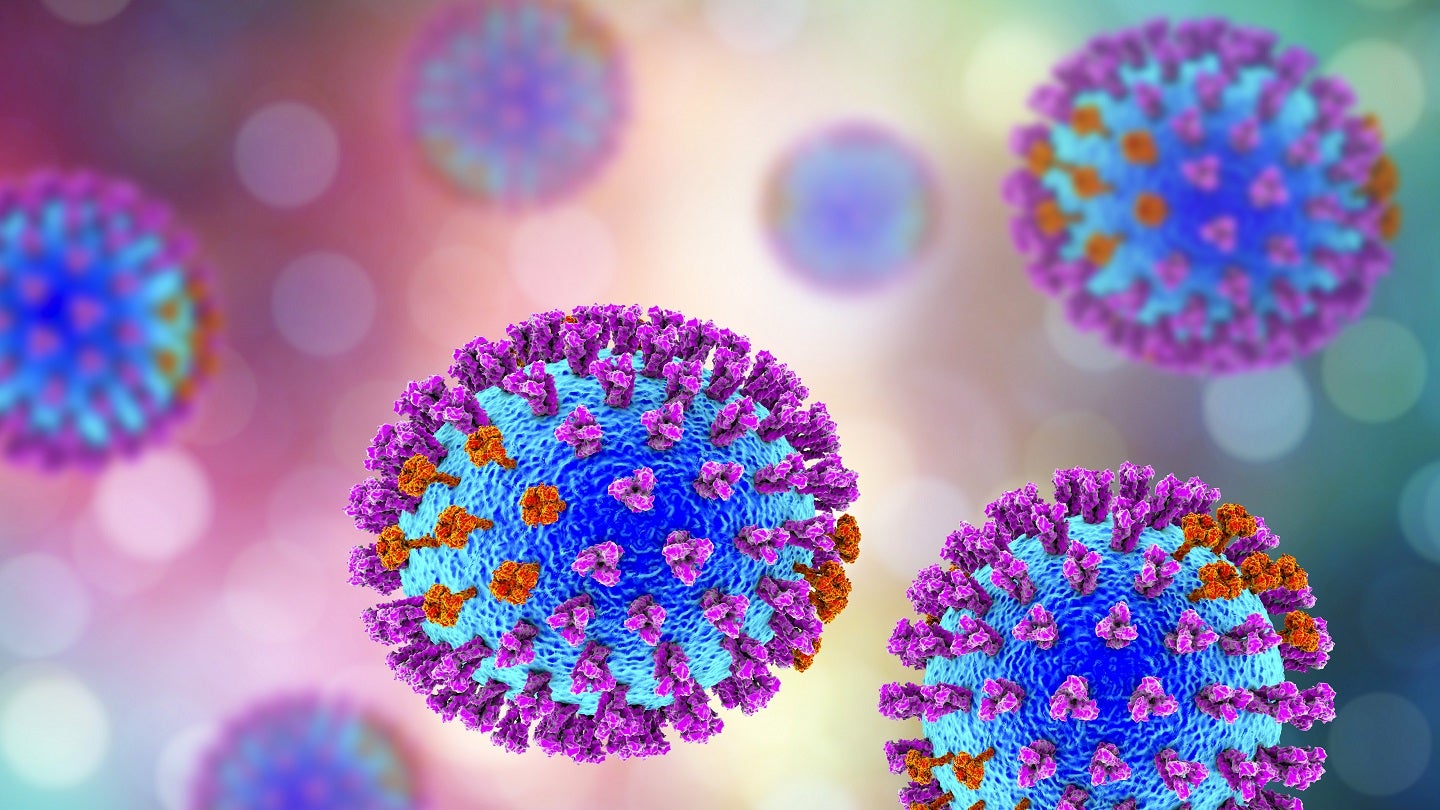
Vir Biotechnology’s Phase II PrevEntioN of IllNesS DUe to InfLuenza A (PENINSULA) trial of VIR-2482 has failed to meet primary or secondary efficacy endpoints.
The proof-of-concept, dose-ranging, outpatient trial assessed the monoclonal antibody VIR-2482 in patients with influenza A.

Discover B2B Marketing That Performs
Combine business intelligence and editorial excellence to reach engaged professionals across 36 leading media platforms.
It enrolled nearly 3,000 men and women aged 18 to 64 years who did not receive an influenza vaccination for the flu season.
A non-statistically significant reduction of nearly 16% in influenza A protocol-defined illness was observed in patients who received the highest (1,200mg) dose of VIR-2482.
Nearly 57% reduction in symptomatic influenza A illness, as defined according to CDC influenza-like-illness criteria, was demonstrated in participants who received the highest dose, one of two secondary endpoints.
The proportion of participants with WHO-defined influenza-like-illness with PCR-confirmed influenza A infection is the other secondary endpoint of the study.

US Tariffs are shifting - will you react or anticipate?
Don’t let policy changes catch you off guard. Stay proactive with real-time data and expert analysis.
By GlobalDataVir Biotechnology executive vice-president, chief medical officer and interim head of research Phil Pang said: “Although these topline data are disappointing, further analysis is necessary to better understand these outcomes, which we plan to present at a major medical congress.
“In the meantime, we are continuing to advance next-generation solutions for serious respiratory infections, including VIR-2981, an investigational neuraminidase-targeting monoclonal antibody against both influenza A and B viruses.”
Treatment with VIR-2482 was found to be well tolerated with no safety signals identified.
Vir Biotechnology CEO Marianne De Backer said: “I’m very excited about the future ahead, with the opportunities that we have, including a robust pipeline, where we expect two data readouts across our hepatitis B and hepatitis D programmes in 2023.
“We also have a strong balance sheet with approximately $1.9bn in cash and investments, as of the end of the second quarter, which will allow us to invest in our ongoing development and future innovation.”





